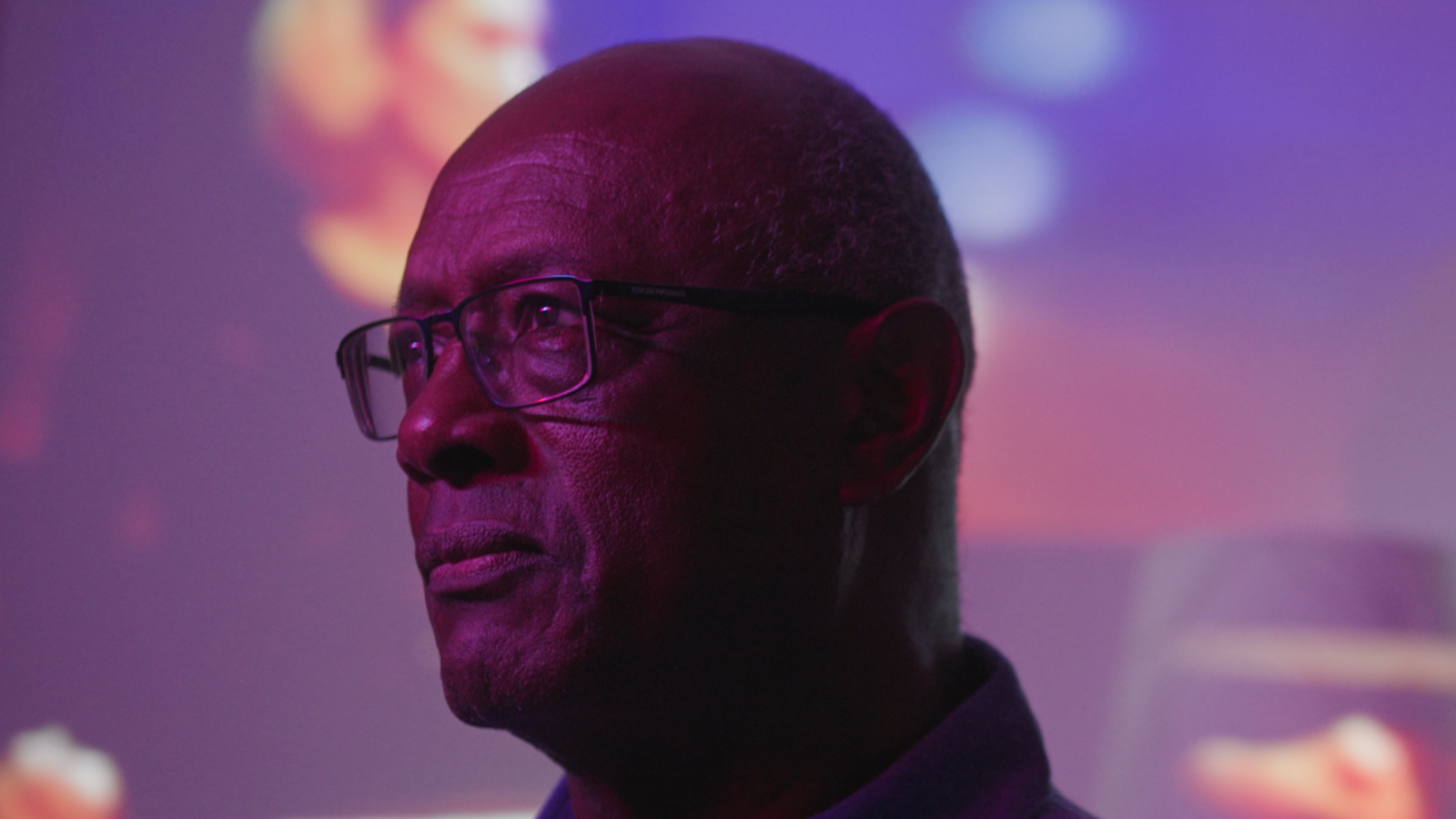One man ends the cycle of self-criticism
When Lester was a child, he experienced physical and verbal abuse from his parents, leaving him feeling worthless and unsafe. He grew up feeling abandoned and filled with rage. He constantly felt he had to prove his worth to silence the judgmental voice inside his head that was telling him he would never be good enough. Even as a successful TV news anchor, Lester struggled with self-criticism. But when he discovered the power of self-compassion, his world changed.
Lester’s story is told through the short film “Self-Compassion” from TakeCare, a national initiative rooted in science that provides the reflection, motivation, and implementation to inspire people to create health and well-being in their lives. I had the honor of serving as the film’s Health Advisor. As a teacher of mindfulness and compassion and the Chief Operating Officer of the Global Compassion Coalition, I have witnessed the draining effects that stress and self-criticism can have on the mind, body, and spirit. I have also witnessed the life-giving power of self-compassion. Lester’s story is an inspiring reminder to everyone to take the time to be as kind and understanding to yourself as you are to others, especially when you are having a hard time or struggling.
Understanding human nature
Self-criticism is tied to childhood – the period of life when you depend on those around you for care. At this young age, when a child encounters criticism from the person they rely upon for their survival, the “safest” thing to do is to align with how that person sees you. Lester said that as a boy, he never felt that his parents approved of who he was. That coupled with years of abuse, impacted the way he saw himself and led to a life of self-criticism and anger.
It is natural to deal with an inner critic to a certain extent. But it is important that you don’t let it hold you back or distort your views of the world around you. I like to refer to this as life happening on the edge of our personal safe spaces. Self-compassion is a reminder that you are more than your thoughts, fears, and anxieties. It can give you the strength to know that about yourself.
Three Components of Self Compassion
Practicing self-compassion can help you manage your inner critic.
There are three components of self-compassion that you can incorporate into your daily routine, whether you are struggling with a moment in time or a pattern of self-criticism. First, acknowledge what you are feeling and recognize how these feelings may be harming you or holding you back. The next step is understanding that these emotions are all part of the human experience. Normalizing your feelings not only helps you feel validated, but it can also remind you that nothing is wrong with you – all humans are imperfect by nature. Finally, think about what you might need in this moment of struggle, and give it to yourself. If you’re not sure of what you need, picture yourself speaking to a friend who is struggling. How would you support them? What would they need to hear to feel loved?
There are many ways to practice self-compassion, but the most important element is responding to your own needs. For one person, it might be taking a walk when they’re feeling stressed after a long day at work. For someone else, it may mean canceling plans with their friends because they need some alone time. For Lester, self-compassion is a way to remind himself of his own value. He chose meditation to do this, saying in the film, “Meditation daily gives me the reminder of the value of who and what I am.”
If you notice yourself becoming uncomfortable with this newfound self-kindness, this is most likely because of a lack of kindness that you have received in the past when you really needed it, either from yourself or from those around you. Self-love might feel unnatural, so start slowly and be gentle with yourself.
Learn to Embrace Your Inner Critic
Remember that while you would probably love to get rid of your inner critic, that voice will always exist to some extent. The more you “argue” with it, the more tangled up you will get in that critical narrative. The key is to shift how you view that voice. In the film, Lester said, “If I can extract myself from this treadmill that the mind is on, then I’m freeing myself of the emotional baggage that I had been carrying.”
It was difficult for Lester not to fight that inner voice. Over time, he learned to take in those thoughts and move forward with kindness toward himself. He said, “I love the term self-compassion. Because it means that regardless of the challenges and the mistakes that I might experience in my life, that I am worth it.”
You can read this blog on TakeCare.

Steven Hickman, PsyD, is a clinical psychologist, a teacher of self-compassion and mindfulness and the Chief Operating Officer of the non-profit Global Compassion Coalition. He is the author of “Self-Compassion for Dummies” and the former Executive Director of the Center for Mindful Self-Compassion.


